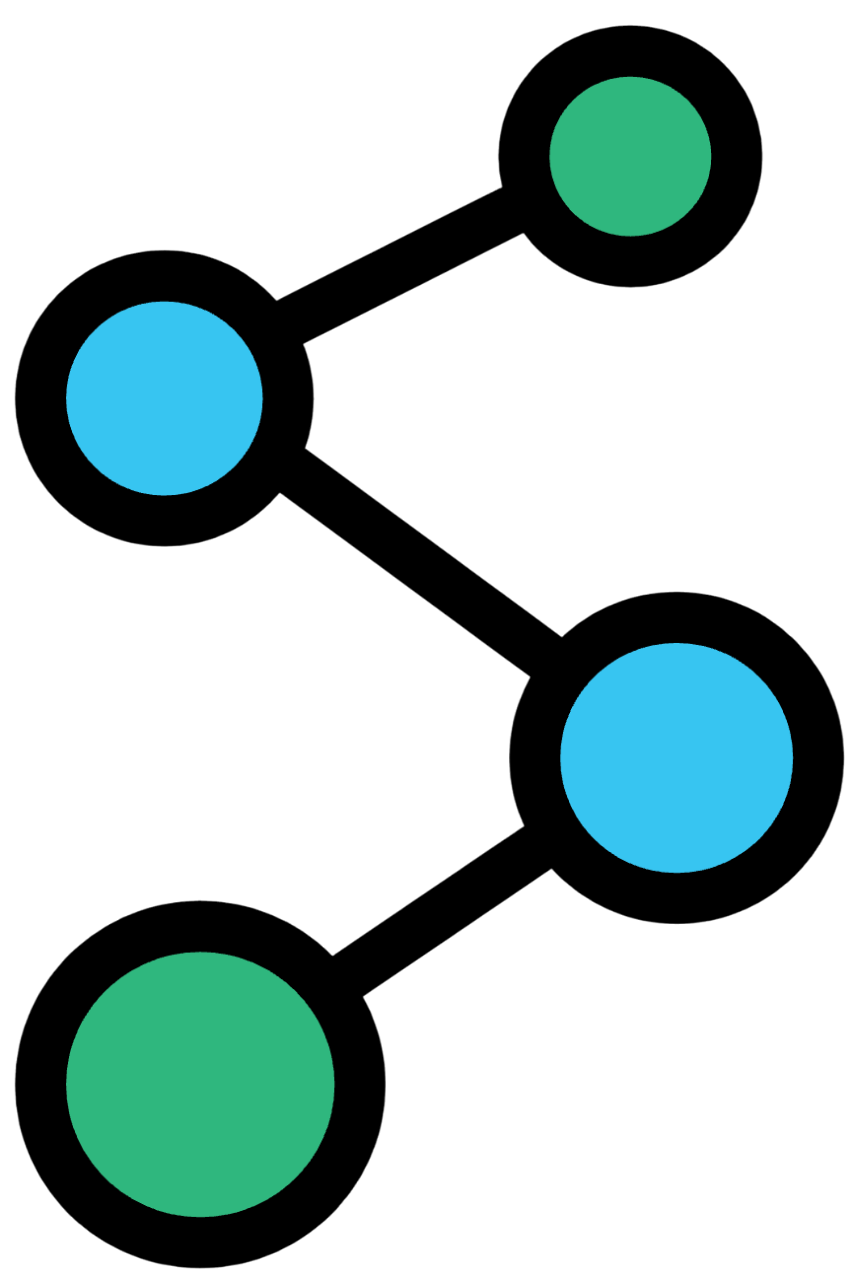Paper
Deterministic complexity analysis of Hermitian eigenproblems
Authors
Aleksandros Sobczyk
Abstract
In this work we revisit the arithmetic and bit complexity of Hermitian eigenproblems. Recently, [BGVKS, FOCS 2020] proved that a (non-Hermitian) matrix can be diagonalized with a randomized algorithm in arithmetic operations, where is the square matrix multiplication exponent, and [Shah, SODA 2025] significantly improved the bit complexity for the Hermitian case. Our main goal is to obtain similar deterministic complexity bounds for various Hermitian eigenproblems. In the Real RAM model, we show that a Hermitian matrix can be diagonalized deterministically in arithmetic operations, improving the classic deterministic algorithms, and derandomizing the aforementioned state-of-the-art. The main technical step is a complete, detailed analysis of a well-known divide-and-conquer tridiagonal eigensolver of Gu and Eisenstat [GE95], when accelerated with the Fast Multipole Method, asserting that it can accurately diagonalize a symmetric tridiagonal matrix in nearly- operations. In finite precision, we show that an algorithm by Schönhage [Sch72] to reduce a Hermitian matrix to tridiagonal form is stable in the floating point model, using bits of precision. This leads to a deterministic algorithm to compute all the eigenvalues of a Hermitian matrix in bit operations, where is the bit complexity of a single floating point operation on bits. This improves the best known deterministic and randomized complexities. We conclude with some other useful subroutines and with open problems.
